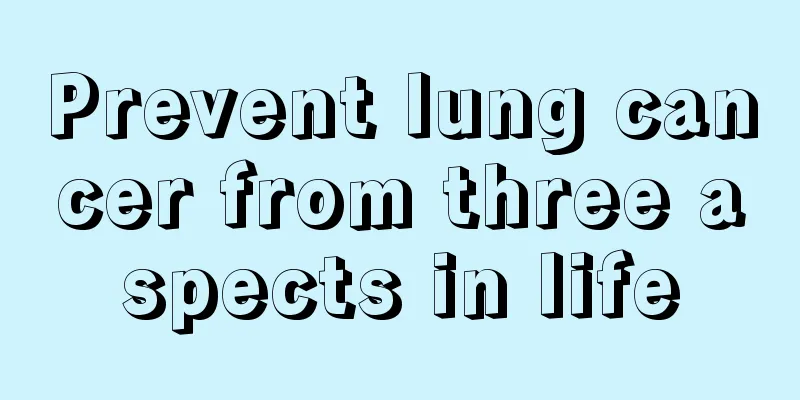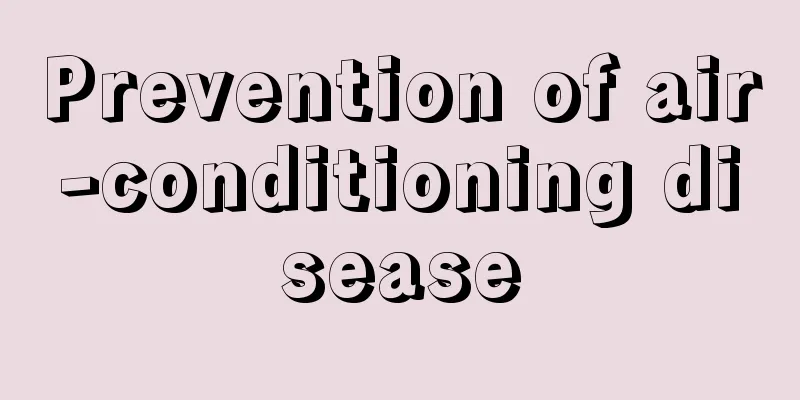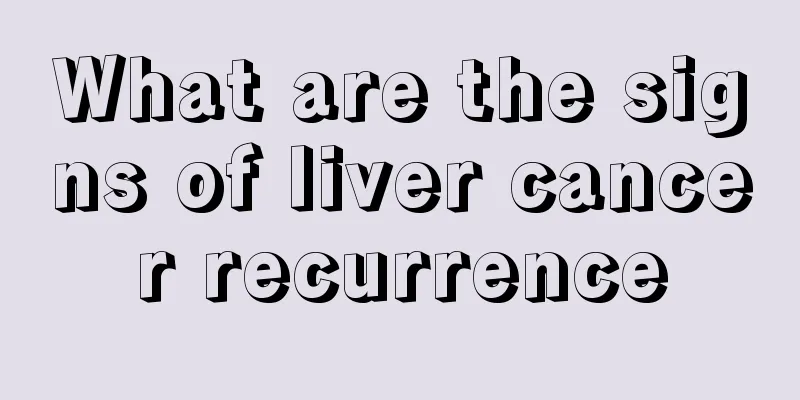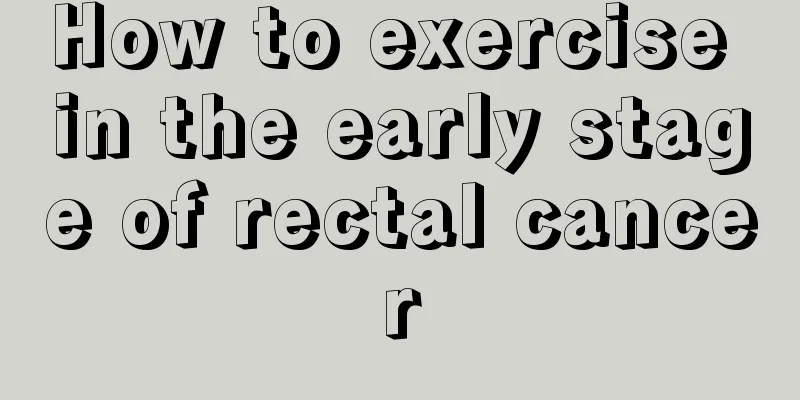What to do when you feel inexplicably nervous and anxious
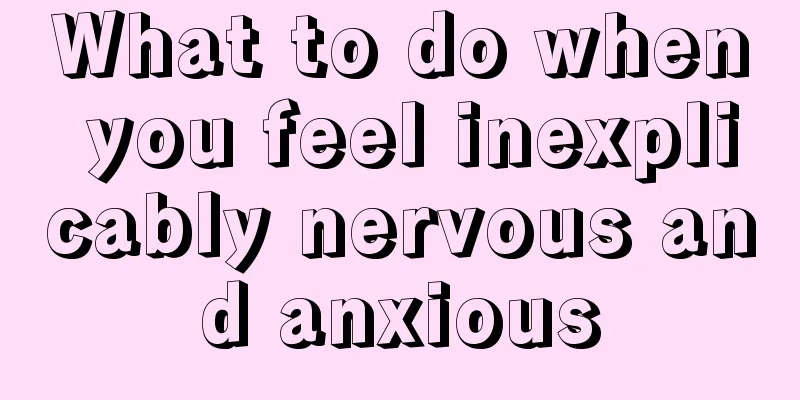
|
Inexplicable tension and anxiety is a situation that many people experience. There are many reasons for this situation. It may be caused by lack of rest, it may be caused by some changes in life, or it may be caused by people paying too much attention to one thing. When faced with this situation, measures need to be taken to deal with it. Below we will introduce in detail what to do if you feel inexplicably nervous and anxious. Self-help for mental stress and anxiety 1. Get enough sleep Getting plenty of rest and sleep is a good way to reduce anxiety. 2. Stay optimistic When you lack confidence, think about your past achievements or imagine yourself successful. You will quickly resolve anxiety and uneasiness and regain your confidence. 3. Fantasy This is a great way to relieve tension and anxiety. Imagine yourself lying on a sunny beach with a cool ocean breeze blowing. Give it a try, you may get unexpected results. 4. Take a deep breath When you are facing emotional stress, you might as well take a deep breath, which can help relieve stress and eliminate anxiety and tension. 5. Distract If the work at hand makes you upset and nervous, you can temporarily divert your attention and turn your gaze to the window, so that your eyes and other parts of the body can relax in time, thereby temporarily relieving the pressure in front of you. You can even get up and walk around to temporarily escape the low mood at work. What are the symptoms of mental stress and anxiety disorder 1. Unexplained worry People with anxiety disorders are always worried about the future, such as their loved ones, their property, their health, etc. 2. Physical tension Patients often feel that they cannot relax and their whole body is tense. Such as tense face, frowning brows, sighing, inability to relax oneself, etc. 3. Being overly alert The patient is always alert to every slight movement in the surrounding environment. Because they are in a state of vigilance all the time, their quality of life and work are seriously affected. 4. Overreactivity of the autonomic nervous system The patient's sympathetic and parasympathetic nervous systems are often overloaded. Such symptoms as sweating, dizziness, shortness of breath, rapid heartbeat, chills and fever, stomach discomfort, frequent urination and defecation, feeling of blockage in the throat, etc. are all typical symptoms of mental anxiety disorder. Treatment of anxiety and depression depends mainly on the patient's symptoms and the severity of the condition. For mild anxiety and depression, psychotherapy or simple exercise therapy is the first choice. Medication is recommended for moderate and above anxiety and depression. Currently, the first-line anti-anxiety and anti-depression drugs in clinical practice are mainly divided into two categories, namely SSR and SNR; traditional drugs are used less and less in clinical practice due to their serious side effects. |
<<: What is the relationship between sleep and health?
Recommend
Is it good to soak your feet in hot water?
We have no way to stop the pace of time, nor can ...
Can alcohol be used to disinfect burns?
Burns are a common type of skin injury in real li...
What is the tourniquet method for stopping bleeding
Prolonged bleeding can easily endanger people'...
What's the use of expired skin care products
During the period when people use skin care produ...
Steaming rice cooker
A steaming rice cooker is actually the one we use...
What is the cure rate of stage III nasopharyngeal carcinoma?
Nasopharyngeal carcinoma is also very harmful to ...
What to eat to recover quickly after mole removal, eat more of these foods
Women who love beauty will choose to remove moles...
What foods should not be eaten for small cell lung cancer
What foods should not be eaten by patients with s...
What foods can patients with ovarian tumors eat
We often say that diseases come from the mouth. H...
Feeling depressed during early pregnancy?
Some people say, shouldn’t you be happy when you’...
What are the classifications of osteosarcoma?
Osteosarcoma is the most common type of malignant...
What are the symptoms of cervical spinal cord disease
The incidence of cervical spinal cord disease is ...
The base of the fingernails is white
Diseases that occur inside the body often cause a...
How to remove oil stains from white clothes
Due to a lot of social activities in life, we oft...
What are the early symptoms of lung cancer brain metastasis?
Common symptoms of advanced lung cancer brain met...

